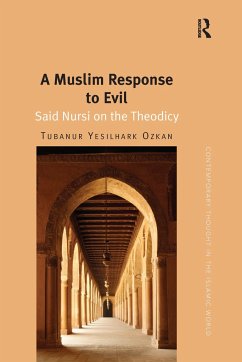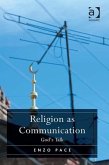While Christian approaches to the problem of evil have been much discussed, the issue of theodicy in Islam is relatively neglected. A Muslim Response to Evil explores new insights and viewpoints and discusses possible solutions to theodicy and the problem of evil through the early philosophy and theology ofIslam as well as through a semantic analysis of evil (sharr) in the Qur'Ä?n. Reflecting on Said Nursi's magnum opus, the Risale-i Nur Collection (Epistles of Light), Tubanur Yesilhark Ozkan puts Nursi's theodicy into discourse with so called 'secular' theodicy or 'anthropodicy', supported by scholars such as Newton, Descartes, Leibniz, Spinoza, Hume, and Kant. Her study offers a fascinating new perspective on the problem of evil for scholars of comparative religion, philosophy of religion, and Islamic thought.
Hinweis: Dieser Artikel kann nur an eine deutsche Lieferadresse ausgeliefert werden.
Hinweis: Dieser Artikel kann nur an eine deutsche Lieferadresse ausgeliefert werden.









